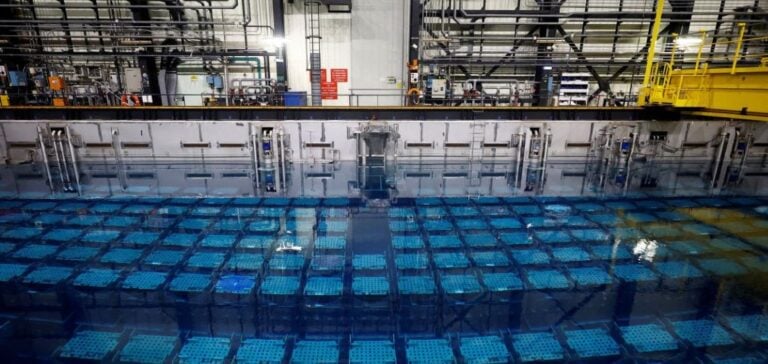By signing a new law, President Joe Biden commits the United States to independence in uranium supply. The ban, which takes effect on August 12, cuts off a key source of revenue for Russia, which supplies up to 30% of the enriched uranium used in the United States. This gesture is presented as a reinforcement of national security, at a time when Russia is using its uranium revenues to support its military efforts against Ukraine.
Impact on the nuclear energy sector
In addition to the geopolitical implications, this law will have major repercussions for the nuclear industry. By ending dependence on Russian uranium, the USA plans to revitalize its own enrichment capacity. With $2.72 billion in funding allocated by the Department of Energy, the Biden administration hopes not only to strengthen national energy security, but also to promote nuclear power as a clean alternative to combat climate change.
Economic consequences and international reactions
This decision is likely to cause a stir on world uranium markets, where Russia accounts for 44% of global supply. In response, the US Treasury Department has stepped up sanctions against Russian individuals. In particular, against the oligarch Oleg Deripaska, increasing the pressure on the Russian economy already weakened by international sanctions.
Overview and future prospects
While the law offers the possibility of lifting the ban under certain conditions by 2027, it symbolizes a determined move by the United States to distance itself from foreign influences in its energy supply chain. This strategic move is crucial not only for security, but also for American leadership in climate policy.
The US decision to ban imports of Russian uranium reaffirms its commitment to national security and the fight against climate change. This pivot towards self-sufficiency in nuclear supply could redefine global energy dynamics, while paving the way for a more sustainable and secure energy policy.





















